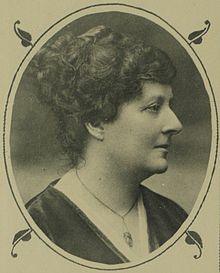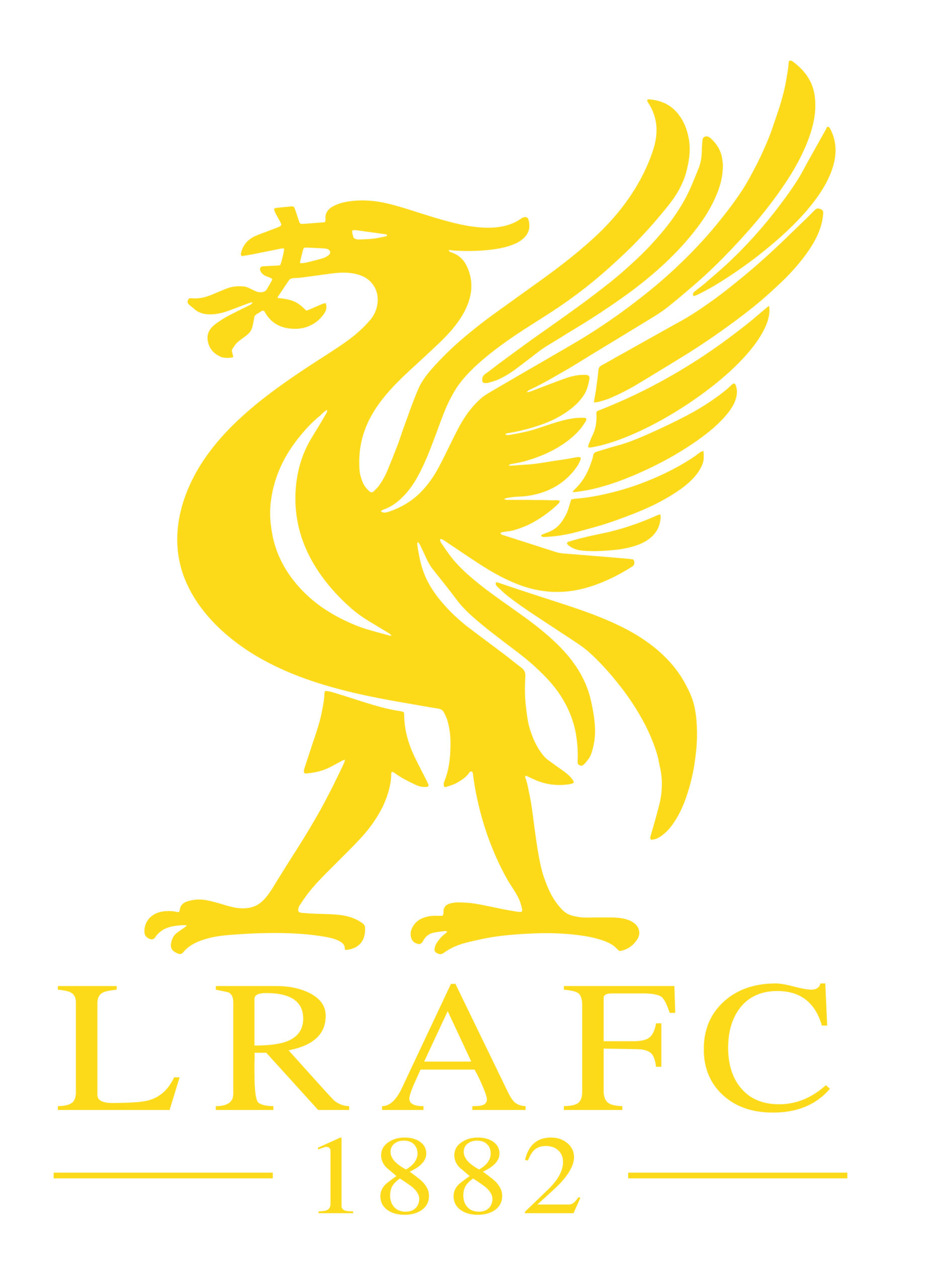
Egerton Stewart–Brown
The Remarkable Life of a Liverpool Rambler
At the outbreak of World War One, 4 former Everton players, who were coaching football teams in Germany, found themselves interned at Rueleben Civilian prison camp near Berlin. The details of their time there have since been well documented. There was, however, another former Everton player held captive who might well have stepped out of the pages of the popular television series, Downton Abbey.
Egerton Stewart – Brown was born on the 3rd of January 1862 in the Toxteth area of Liverpool. He was the eldest son of an New York born Merchant Banker – Stewart Henry Brown – and his Liverpool born Wife, Emily. Egerton first attended Harrow School from where he matriculated to Cambridge University in 1880 and attended Trinity College. The family were then residing at Quarry Bank House in Allerton. (Later to become Quarry Bank Grammar School.) In February 1882 Egerton became a founder member of Liverpool Ramblers FC who were formed some nine months earlier than their now more famous London counterparts The Corinthians. The club acquired a home ground at the Aigburth Hotel where they eliminated Southport in what was the first FA Cup tie played in Liverpool. The victory gave them an away tie with Bolton Wanderers on what was then their home ground at Pikes Lane. The match took place on the 2nd of December 1882 and was watched by a crowd of around 3,000 people. The more experienced home side, with their 3 imported Scotsman, were expected to win easily but after 80 minutes of play the score stood at 0-0. Egerton, who took up position at full back, caught the eye of a local journalist who described his performance as being…invaluable, his white jersey easily distinguishable in the thickest of the scrimmage, his foot repeatedly sending the leather out of danger. Nevertheless, a late flurry of goals gave Bolton Wanderers a flattering 3-0 victory. The following April, Egerton and his teammates reached the final of the inaugural Liverpool FA knockout where a game with Bootle awaited them on the ground of Liverpool College. The North Merseyside club, who had imported players from outside the area, beat The Ramblers 3-1.
Egerton frequently toured the country with a Cambridge University Wanderers side that was riddled with England Internationals. In 1881 he had become a foundation scholar and achieved 1st class, 1st Division Classical Tripos in 1883. He left Cambridge in 1884 with an MA.
Stewart- Brown later played several times for the Liverpool & District FA and had been asked to captain them, against their counterparts from Manchester, on the 14th of March 1885. He decided instead to accept an invitation to play for Everton against Blackburn Rovers at Anfield.
The East Lancashire club were the currant FA Cup holders and a fixture against them was very much in demand. They had in their ranks the famous Fergus Suter so Egerton – almost certainly the best defensive player in Liverpool – might well have been brought in to counteract any threat he might pose. The Scotsman however, despite being sighted in Liverpool, took no part in a game that attracted an attendance that filled the then tiny Anfield enclosure to capacity. Blackburn Rovers won the game 2-1. Next week, Egerton Stewart-Brown was back at Anfield playing for a Ramblers side who surprised the crowd of 800 people by winning 4-1. They thus became the first visiting side to beat the senior Everton X1 since they settled at the location.
Egerton was Managing an Assurance Company when he married Nessie Muspratt at Sefton Parish Church on the 12th of September 1888. She was the daughter of a wealthy Alkaline Manufacturer and future founder of the Liverpool Women’s Suffrage Society. The couple took up residence at Seaforth Hall, home of the Muspratt family, and were waited upon by a posse of servants.

Next year – after retiring from football – Egerton started to read Law at Liverpool University and was Called to the Bar in 1893. The couple now had a home at 16 Ullet Road while the Head of Household practiced law from his offices at Cook Street in Liverpool. The Stewart – Browns had now become fond of “Taking the Waters” by making regular visits to the German Spa Town of Homburg. They were at this location when World War One was declared and concern grew for their safety.
News as to their whereabouts was confirmed on the 24th of August when the Liverpool Echo reported that they were safe and sheltering at the American Consul in Frankfurt -am – Main. This report in fact, was out of date.
The couple had – on the 17th of August – left this location and made their way to Cologne where they boarded a River Rhine Steamer bound for Rotterdam. However, when they reached the border town of Wesel the couple were arrested and taken before the local Army commander. He allowed Nessie to proceed on her journey but detained her Husband and sent him to the military prison camp at Munsterlager near Hanover.
Dressed in the garb of an English Gentlemen, he was forced aboard a goods van that contained captured British Military Personal. They were held in this condition for over 24 hours and only released when they reached their destination. Despite being used to a comfortable lifestyle, Egerton endured the same hardships, and frugal diet, of his fellow prisoners until he was “set free” on the 21st of September.
The terms of his release were not made public but, before he departed, Egerton scribbled down the names of many Soldiers and was praised when he arrived back in Liverpool. An acknowledgement appeared in the Liverpool Weekly News… Mr Stewart-Brown brought back from Germany the name and address of many other men interned at Munsterlager and a notification was sent by him to each of those persons that their relative was alive and well and being held as a Prisoner-of -War. Cordial thanks were sent to Mr Stewart-Brown from the Army Council for his public spirited and considerate action.
Restored to civilian life, Egerton continued his career while – along with Nessie – he became actively involved in local politics. He spent the rest of his life living on Ullet Road from where he spent leisure time at his holiday home on the Isle of Angelsey. Egerton Stewart- Brown died, 11th of August 1938, at home in Liverpool and his Funeral Service took place in Beaumaris.
